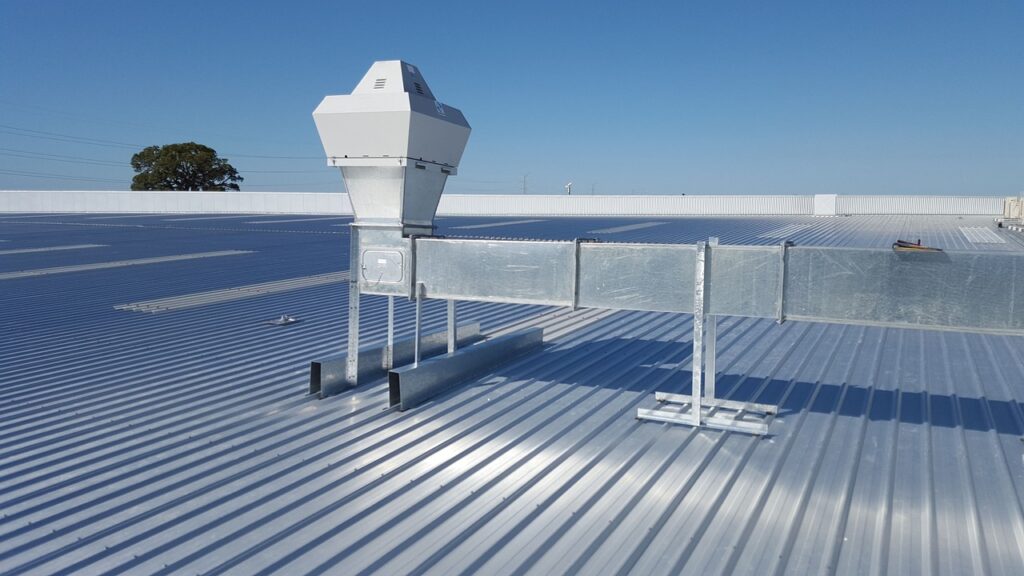Investing in commercial real estate in Kansas City offers unique opportunities, but success in this market demands careful attention to net operating income (NOI) preservation. Central to this effort is the effective management of maintenance costs. In this post, we will delve into the significance of controlling maintenance expenses and explore proactive strategies tailored for the Kansas City market. We’ll highlight the importance of a skilled property manager and discuss preventative measures, ensuring your commercial property in Kansas City thrives financially.
The Importance of Maintenance Cost Control in Kansas City:
Kansas City’s commercial real estate landscape presents distinct challenges, emphasizing the importance of mastering maintenance cost control. Unchecked maintenance expenses can impact a property’s NOI, limiting profitability and growth potential. In a market where weather conditions can be unpredictable and property upkeep is essential, investors must prioritize strategies to keep maintenance costs in check.
The Crucial Role of a Property Manager:
Engaging an experienced property manager is fundamental to effective maintenance cost control in the Kansas City market. A local property manager brings invaluable insights into the unique challenges posed by the region’s climate, has established relationships with reliable contractors, and can implement cost-effective maintenance strategies. Their role in overseeing daily operations, addressing issues promptly, and securing favorable contracts is instrumental to the success of your commercial property.
Proactive Strategies for Maintenance Cost Control in Kansas City:
- Preventative Maintenance Plans: Collaborate with local vendors to establish preventative maintenance plans, particularly for weather-sensitive components. Regular inspections and maintenance can identify potential issues early, reducing the risk of significant and costly repairs.
- Warranties and Guarantees: When making property improvements or investing in equipment, prioritize warranties and guarantees. These provisions offer financial protection against unexpected issues, providing peace of mind and helping to control maintenance costs.
- Insurance Coverage: Invest in comprehensive insurance coverage tailored for the Kansas City market. Adequate insurance mitigates financial risks associated with severe weather events, accidents, or property damage, ensuring maintenance costs don’t become a financial burden.
- Energy-Efficient Upgrades: Implement energy-efficient upgrades to enhance property efficiency and reduce long-term maintenance costs. Energy-efficient systems not only contribute to sustainability but can also result in substantial savings over time.
- Regular Property Inspections: Conduct routine property inspections to detect potential maintenance issues early. Proactive identification allows for timely solutions, preventing minor problems from escalating and avoiding costly repairs.
- Vendor Negotiations: Establish strong relationships with local maintenance service providers and negotiate contracts that align with the unique needs of the Kansas City market. A reliable network of vendors contributes to long-term maintenance cost control.
In the competitive commercial real estate market of Kansas City, investors must prioritize effective maintenance cost control to secure and enhance their investment’s profitability. A strategic approach, including the engagement of a skilled property manager and the implementation of preventative measures tailored for the region, can ensure that maintenance costs remain manageable. By taking proactive steps and adapting to the local market conditions, investors can maximize returns and build a resilient and successful commercial real estate portfolio in the heartland of America.











